Opening segment: High-level dialogue with sponsors: WSIS action lines and SDGs: Strengthening multistakeholder partnership
7 Sep 2020 14:00h - 15:15h
Event report
The session highlighted examples of collaborative multistakeholder approaches adopted by organisations using ICT to advance the WSIS and sustainable development goals (SDGs).
As an example of successful regional digital market integration, Mr Nyirishema Patrick (Director General, Rwanda Utilities Regulatory Authority (RURA), Rwanda) explained a high level engagement within four countries, Rwanda, Uganda, Kenya, and South Sudan called, in East Africa, the northern corridor. This initiative involved Ministers of ICT, policymakers, telecom operators, and other stakeholders and has helped remove roaming charges both for data and voice, has enabled users to use telecom services at the rates of their country without use of multiple SIMs, and has allowed users to avail themselves of financial services–all leading to a four times increase in telecom traffic within three months, and a cross-border traffic increase of four times within the region. Patrick noted, looking at this example, that West African countries have grouped together in a similar fashion.
Ms Moira de Roche (IFIP IP3 Chair, International Federation for Information Processing (IFIP)) shared that most of the work undertaken by the technical committees and working groups and partnerships with UNESCO and ITU have advanced the WSIS and SDG goals.
Ms Constance Bommelaer de Leusse (Area Vice President, Institutional Relations, Internet Society) shared that the COVID-19 crisis has amplified the importance of Internet security and, owing to the decentralised nature of the Internet architecture, that governments alone cannot secure infrastructure. This needs collaboration of different stakeholders and, due to this interdependence, collaborative security and a shared risk management approach is the need of the hour. As an example of collaborative approaches, she explained the Mutually Agreed Norms for Routing Security (MANRS), a community driven initiative that will secure global Internet routing systems. Another example of collaborative partnership she described was community networks. In this initiative, the Internet Society works with local communities to connect and provide affordable connectivity in rural, remote, or underserved areas. For connecting people she emphasised that all stakeholders need to work together. Governments need to work with all stakeholders in innovative ways to increase access and to provide funding mechanisms and public resources such as spectrum for local communities.
Emphasising the need of collaboration for providing meaningful connectivity to all, Mr Laurent Ferrali (Senior Director Government and IGO Engagement, ICANN) cited two initiatives of ICANN: Internationalised Domain Names (IDNs) and Universal Acceptance, where different stakeholders work together to enable people to use their own language on the Internet.
As the next steps for promoting the use of ICTs with older people, Dr Michael W. Hodin (CEO, Global Coalition on Aging) suggested that based on the experience of participating in WSIS 2020, the Global Coalition on Aging plans to partner in WSIS 2021 and continue to promote the use of ICT with the aging population, and to suggest to ITU the development of an older person ICT prize.
For developing tools and measures to support ICT development and implementation with environmental sustainability and human well-being, Dr Maike Luiken (Past President, Institute of Electrical and Electronics Engineers (IEEE)) highlighted the need for developing and adopting more global open standards such as Standard 8.0.11, used in wireless communication, and to adopt sustainability principles in the design phase of new technologies and services such as privacy by design.
Mr François Grey (Director of the Geneva-Tsinghua Initiative (GTI), Coordinator, EC Crowd4SDG project, University of Geneva, Switzerland) highlighted the Crowd4SDG project, aligned to the WSIS and SDG goals. Supported by the European Union and WSIS 2020 the Crowd4SDG project ran seventeen summer challenges and fifteen different projects for innovative post COVID-19 ideas.
Grey announced that in line with the SDG goals, they have launched the Open 17 Water Challenge today. The challenge deals with urban water resilience and is open to students at secondary, undergraduate, and postgraduate levels throughout the world.
Related topics
Related event

